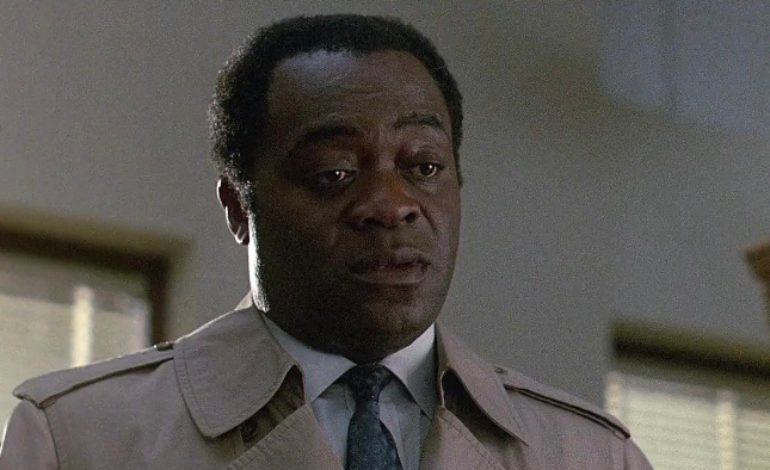

Acclaimed character actor Yaphet Kotto, who flawlessly transitioned between stage, television and film, has passed away at the age of 81. His wife of 24 years Tessie Sinahon announced his passing via Facebook on Monday, she wrote “I’m saddened and still in shock of the passing of my husband Yaphet.” He is survived by his wife and his six children. Kotto’s 1997 autobiography The Royalty, a title that references his claim to having familial ties to the British monarchy, insightfully details his lengthy career and life’s journey.
Kotto first entered the entertainment industry with an uncredited role in Rat Pack film 4 for Texas (1963), a part in Nothing But a Man the following year, and then in 1965, made his Broadway debut in the musical comedy The Zulu and the Zayda. A high school dropout at 16, Kotto was nonetheless determined to become a successful actor (after seeing Brando in On the Waterfront) and spent his days arduously improving his diction and speech.
The Harlem-native is famous for a number of high-profile roles, including: evil Caribbean diplomat Dr. Kananga, a.k.a. “Mr. Big” in Live and Let Die (1973), Ugandan dictator Idi Amin in Raid on Entebbe (1976), astronaut Parker in Alien (1979), and Alphonse “Gee” Giardello in seven seasons of NBC’s Homicide: Life on the Street (1993-2000) . But, he is also known for the famous roles he passed up, those being Lando Calrissian in Star Wars: The Empire Strikes Back (1980) and Captain Jean-Luc Picard on Star Trek: The Next Generation (1987-1994).
Although Kotto reflected on some of his decisions with a tinge of regret, his reasons demonstrate his great integrity for the craft of acting. Instead of the Star Wars role that ultimately went to Billy Dee Williams, Kotto chose to act alongside Robert Redford in Oscar-nominated Brubaker (1980), and, instead of joining up for Star Trek, the actor chose not to risk type casting himself in space adventure films. When Alien turned into a franchise, he was content to not continue on with it. He famously said, “I wanted to get back to being an actor. And so I chose to get back to it…I think I learned these choices by having a New York stage background. What you learn in New York is: Don’t pull the same trick twice.”
Kotto stayed true to his craft, choosing work with depth and roles that presented new challenges. He went on to star in a variety of films that have made for an impressive legacy, like The Limit (1972) in which he wrote, directed and starred. He had always held his own acting alongside some of Hollywood’s greats, like Harevy Kietel and Richard Pryor in Blue Collar (1978), and Robert De Niro and Charles Grodin in Midnight Run (1988). Kotto has left behind a robust body of work that best describes and immortalizes the diversely talented actor.
